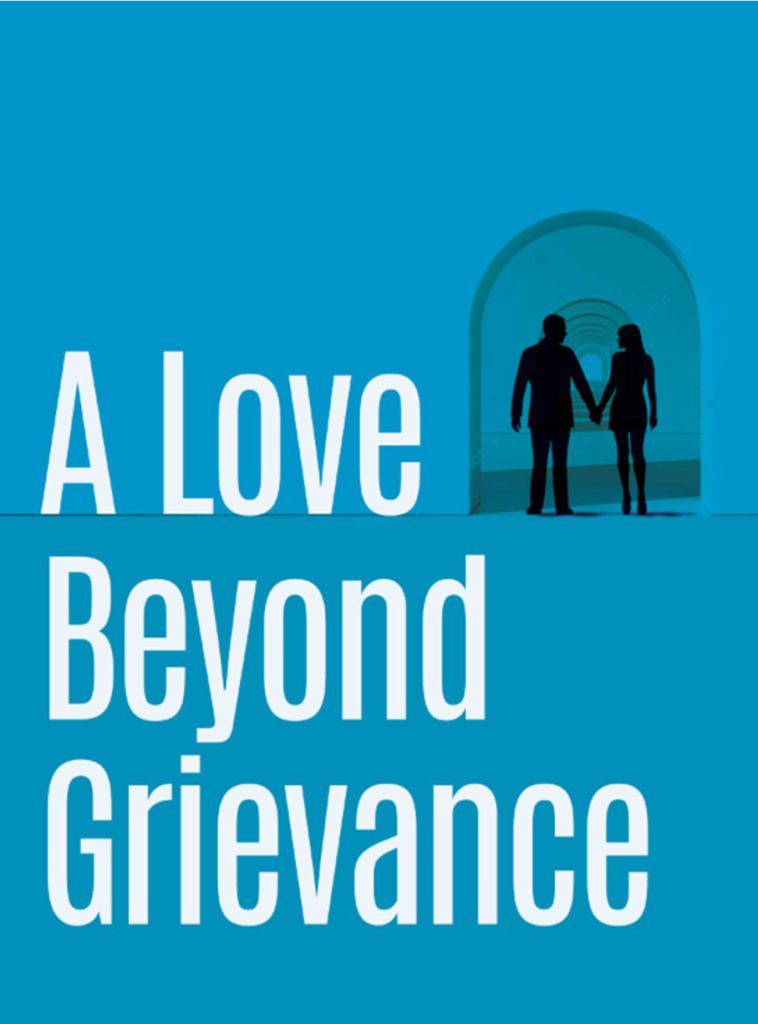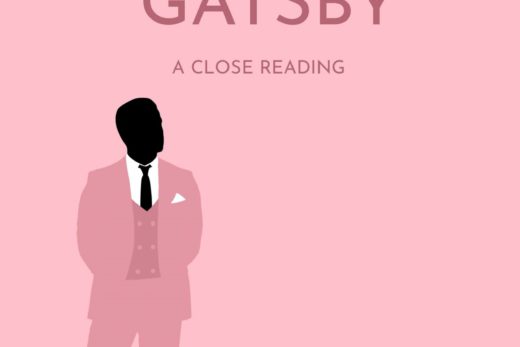
Illegally entering the dean’s office at
night through a steam tunnel that
once stored the bodies of students
who died in the 1918 influenza epidemic
may seem ill advised. But to do
so in search of evidence that the university
president had sacrificed innocent
faculty to save his own skin during
the McCarthy witch hunts risks
immediate expulsion.
And yet undergraduate Adam Swan,
enlisting the help of Margot Marcus, a
beautiful young instructor in the Italian
Department, undertakes the heist.
Thus begins A Love Beyond Grievance.
Part memoir, part fiction, the novel
unfolds against the backdrop of political
purges in the early 1950s, biracialism,
university turbulence, and Mussolini’s
mistress.
CHAPTER ONE EXCERPT
In fact, this particular heating tunnel had an illustrious history, according to Luigi Scarpa, whom we met in Alice’s office two days later. During the 1918 Spanish Flu epidemic, nineteen students died of the contagion, but the fierce winter made it impossible to dig graves from the icy ground. Their bodies were therefore stored in the heating tunnel until spring, when they could be properly buried. Luigi said the removal and burial proved grisly, because by spring the bodies had turned into beef jerky.
…
Removing the manhole cover, we made our descent into university history. My back pocket held a small stainless-steel chisel. As our flashlights cut sharp lines through the darkness, we crept through the low-ceilinged tunnel. Casting a beam on the walls, I could see where graffiti, for no good reason that I could fathom, had been covered with paint. We did, however, come to one place in which the graffiti had been left intact. It prophetically read: “The earth said no to all those lying here; / No better reason for us all to fear.”
Beginning with an unwanted pregnancy and the red scare of the 1950s, Paul Levitt’s tale of the ups-and-downs—political, professional, sexual, connubial—of an academic life is full of lively incident, telling observation, practical advice, and charm. Plus, there is the protagonist’s indomitable Jewish mother to put everything in perspective!
—Edwin Frank, Editor, New York Review Books Classics
The news of a new novel by Paul M. Levitt is always welcome, and A Love Beyond Grievance lives up to one’s high expectations from this very impressive writer. He is excellent at instantly stirring one’s curiosity in his main characters and their situations, and at pulling one into a plot as carefully woven as the intricate pattern of a beautiful carpet. He has a poet’s eye for sharp observations, and his controlled use of dialogue serves and powers along the fascinating plot. Set in the 1950s, Levitt explores—among other topics—such social and political “hot potatoes” as abortion, freedom of speech (McCarthyism), and racism. Such uneasy shadows are still with us today; and this perfectly paced narrative leaves one dwelling on such issues. A Love Beyond Grievance is a superb addition to Paul M. Levitt’s literary output. It is also a novel worth finding a place for on one’s bookshelf if one is looking for an intelligent and gripping read.
—Peter Thabit Jones, Welsh poet and dramatist.
Author (with Aeronwy Thomas) of the Dylan Thomas Walking Tour of Greenwich Village
Paul Levitt’s A Love Beyond Grievance is a barely fictionalized memoir of academia in the waning years of McCarthyism when lives and careers could be derailed by suspected political sympathies rather than evidence. Levitt’s portrait of university life, politics, and love is riveting, masterfully weaving fiction and fact, university politics, drama, and his own family life. The story, told in two voices, Adam Swan’s and his mother Eve’s, en-gages the sexual politics of the late 50s, abortion, and the nefarious role played by his university in the expulsion of two professors on bogus political charges. Levitt reveals the skeletons in the closet when he engages not only the fraught questions of promotion and tenure, but also arguments on how best to stimulate the critical complexity of thought in teaching texts. Artfully introducing into the narrative Homer’s Penelope and her despair, as well as a contemporary corollary, Levitt entices us to see how it all turns out. Pick up Grievance and you won’t put it down.
—Suzi Weissman, Professor of Politics, Saint Mary’s College of California



